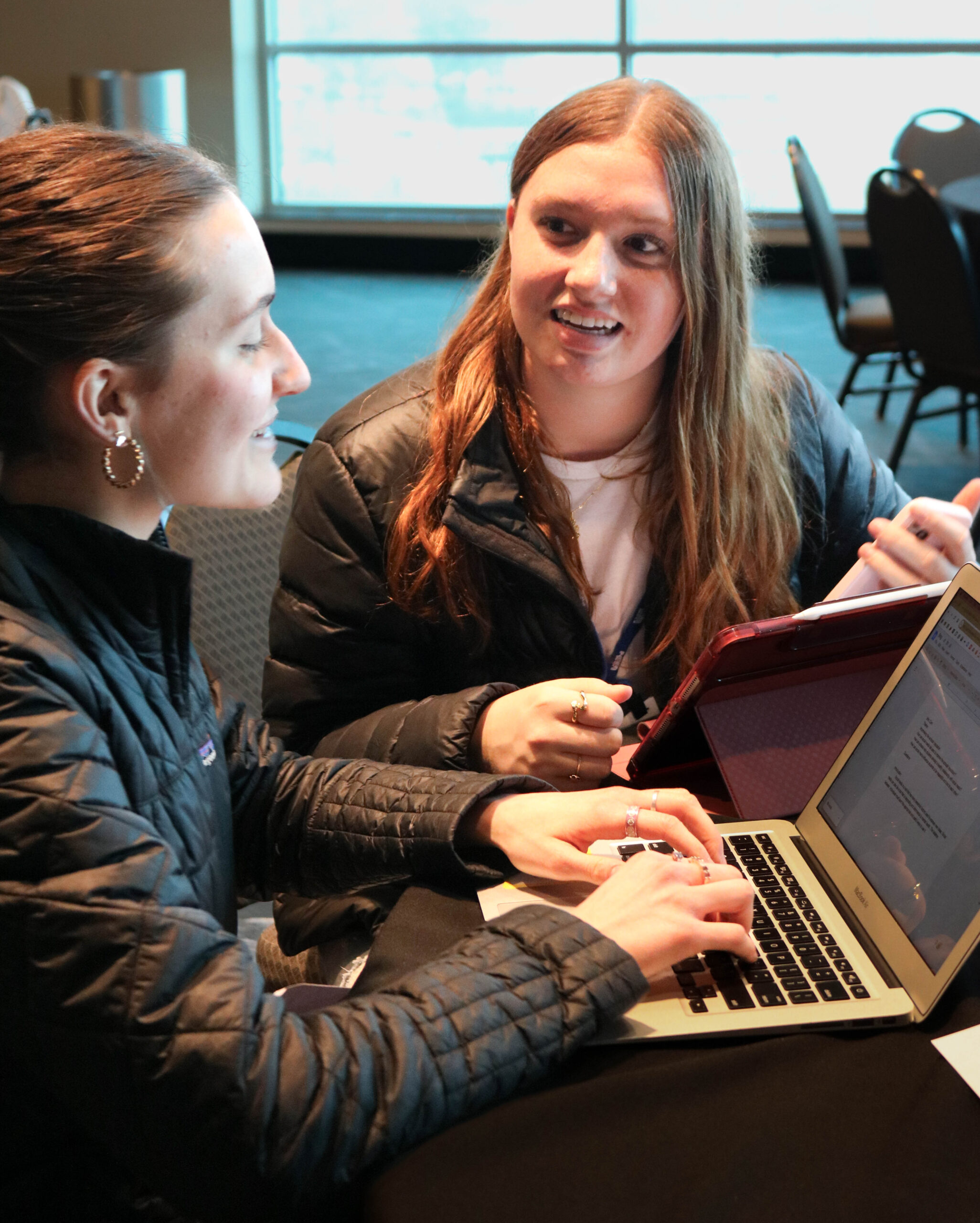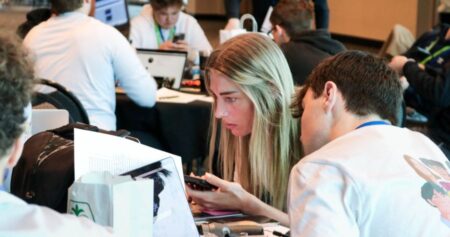The year is 1996. Your mom sends you outside to play and tells you to be back when the street lights come on. You grab your bike, and speed off, looking for the mass of bikes in a front yard, indicating your friends are inside. Ah, the good life–the original social networking.
Little did we know a year later our world would begin to change. According to Kristi Hines, a blogger for the Search Engine Journal, the first-ever social networking site, Six Degrees, was created by Andrew Weinreich (sometimes known as the father of social media) in 1997.
Fast forward 27 years and the world of social media, and the world in general, has changed dramatically. Though Six Degrees is no longer active, its tendrils extend into the life of nearly everything and everyone. Research shows that 62.3% of the world is on at least one social networking site. That equates to roughly 4.95 billion people worldwide.
The world loves to be connected, and it’s growing smaller every day. We have more computing power in our pockets than the Apollo 11 rocket that landed on the moon. New information is available to us every second. We can learn from people on the other side of the world, having access to different cultures, traditions, and values. We can interact with nearly every business, vendor, or company that we come into contact with. The power that is in our pockets and on our screens is absurd. But in the words of Spiderman: With great power, comes great responsibility.
At Doniphan-Trumbull, and schools in general, the questions swirl. Can we use these platforms for good? How does social media fit into schools? Can students develop a healthy relationship with social media? How can social media influence students to be respectful and kind to each other? With students engaging more and more with a screen, what tools can we give them to be helpful digital citizens? We asked these questions of Computer Science Teacher and Technology Integrator Mrs. Kumm, of Harlan Community School District.

Editor’s Note:
The following is a piece by high school students, Emma and Charlee, both part of their school’s student social media team. At Class Intercom, we’re passionate about empowering content creators to learn new skills and evolve existing ones. That includes formal instruction in the classroom, learning by doing, and experimenting with tools and ideas. The next step is sharing that knowledge with others. The Insights from Student Content Creators series allows students to share their knowledge and experiences with a global audience.
Mrs. Kumm says, for schools, the key to helping students use social media in a useful way is accurate information. “If we aren’t telling the story and providing information, then someone else is,” she explains. She wants students to understand that everyone has a story and that their perspective is important. Issues can come from not having adequate information from multiple sources. It is also important to represent everyone, and teaching students how to bring light to stories helps to keep social media a positive place.

Mrs. Kumm went on to explain how we can teach users to be more kind and respectful on social media platforms, emphasizing that negative comments and content can have a big impact, especially for younger generations. For these reasons and others, it is important for schools to teach these types of expectations as students learn to use social media effectively.
While it sometimes feels like the bad can outweigh the good in the realm of social media, we are in an era where we as schools and students are the ones with the power. Interacting on social media is a skill, which means it can be learned. Our focus needs to continue to be on bringing accurate, beneficial, and kind information to our followers. The power of growing the next generation of social media users starts with us, and with great power comes great responsibility. Bring it on.
This story is part of a series called Insights from Student Content Creators. If you know a student, educator, or community member with a skill or story to share about the power of content and storytelling, send them our way! Amplifying student voices and sharing authentic stories is at the core of Class Intercom. Drop us a line and let’s get in touch.
Contact Us